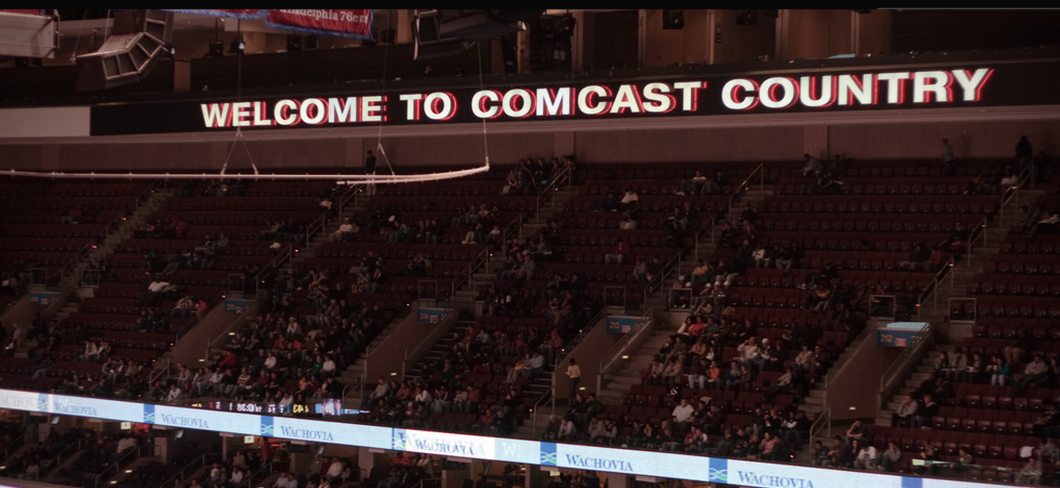Comcast Customer’s Data Cap Meter Counts Gigabytes He Couldn’t Possibly Use
The customer, a programmer from Tennessee, recently told his story to Ars Technica. He explained that Comcast was sending him warning messages about exceeding its newly enforced caps and that he’d begin being charged for overages if he didn’t cut back.
He knew he wasn’t going over the limit, but Comcast wouldn’t believe him. Reps for the company shrugged off his calls, saying that if he wasn’t the one blasting through gigabytes, then someone must be leaching on to his WiFi.
The breaking point occurred after he found that Comcast accused him of using 120GB of data during a period when he wasn’t just away from home — but out of the country on vacation.
In order to demonstrate to Comcast that he wasn’t mysteriously streaming Netflix through his home modem from a continent away and that some clever neighbor hadn’t bypassed his home network’s security, the customer disconnected his cable modem for nearly a week, using only cellular data for those days.
Without the modem attached, there’s no way that he — or any WiFi hanger-on — could access the Comcast network, and yet, according to the company’s data cap meter he’d used 66GB during those six days.
Additionally, the customer — who didn’t change his in-home data use during this time; just did it all over a cellular network — found that he’d only used around 8GB of data. Assuming that’s an average week for his home use, there’s no way he’d come even close to reaching 300GB/month. He’d have to be averaging more than 8GB a day to hit that threshold.
When Ars contacted Comcast, the company fessed up to the goof, but did not appear to offer any explanation other than, “There was a technical error associated with his account, which we have since corrected.”
The company did apparently tell the customer that it had gotten him confused with another Comcast user.
“It turns out their system had my modem MAC address entered incorrectly,” he explained to Ars, “there was an off-by-one typo that was hard to see so they were counting data from some modem who knows where.”
Comcast maintains that its data cap meter is accurate around 94% of the time, but let’s give the company an even bigger benefit of a doubt and assume that this sort of problem affects about half of one percent of Comcast users. That’s still more than 100,000 people, many of whom may not know exactly how much data streaming videos and other content consumes. These users may be paying overage fees they don’t owe.
Brian Roberts, the Comcast CEO who does a horrible job of defending the company his daddy left him, has repeatedly tried to explain that data caps are about making sure that customers who use the most pay the most. But in reality, it’s more of a case of making sure that the customer that Comcast mistakenly thinks uses the most is subsidizing someone else’s overuse.
Want more consumer news? Visit our parent organization, Consumer Reports, for the latest on scams, recalls, and other consumer issues.


